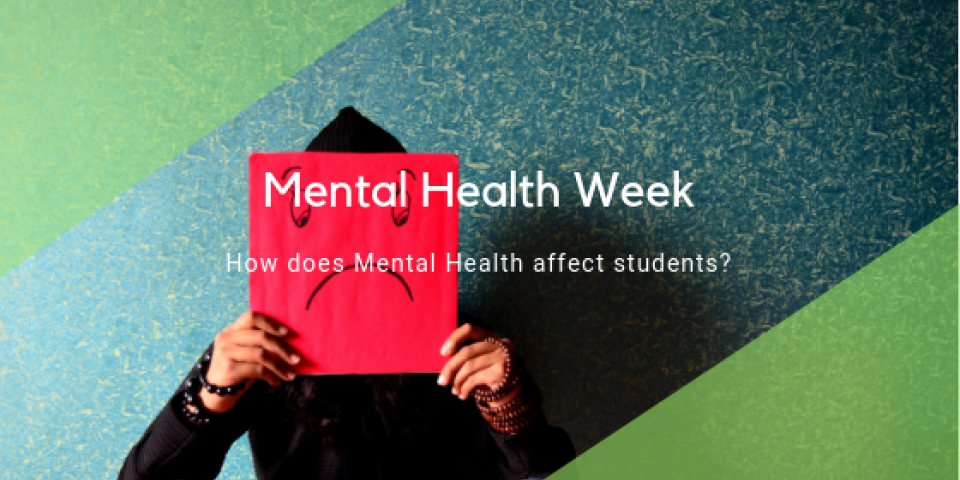Sheffield
News and tips
Mental health week
Posted on Sunday, 7th October 2018
This week is Health awareness week in the UK.
Let us be honest, everyone will have to cope with a mental health issue within their lifetime. We all experience loss, grief, pain, fear, depression, sadness at some point. These emotions and how we deal with them depends on how robust our mental health at the time. We cannot expect to feel 100% all the time. The problems arise when we feel we cannot cope with the present situation.
Students
Students can be at a higher risk of developing mental health issues, as most mental health problems start in the early teens to around 24 years of age. Three-quarters of people with a mental health diagnosis started their symptoms before the age of 24. Most of these problems arise because of the huge changes the young person goes through as they transition into a fully-grown adult. Leaving home for the first time and having to manage your finances and day to day chores, can put a strain on young people. Combined with the modern pressures of Social Media and digital technology, the pressures to be perfect are great.
What can happen
If we do not help address these problems, then it may lead to students dropping out of University. Statistics show a large increase of 210% in the year 2015 compared to 2010. Suicide rates have also increased, by 79% in the same period. Please read our ‘suicide prevention blog’ These numbers are still increasing. Students with poorer mental health and wellbeing are less likely to achieve the academic results they should have gained. source
Stigma
Everyone feels like they are the only one having problems. This can lead you to feel like you cannot talk about any issues you are having. One of the main reasons given by a student finally disclosing their mental health issues was that they did not want their fellow students ‘to think less of them’. Non-UK students are more likely to hide their mental health problem, possibly because they are so far from home and so feel more ‘alone’, this can also stem from their home countries attitude to mental health. The earlier that you report your problems to your University counselling services the better the outcome.
How to get help
In the first instance, talking to close friends can help alleviate symptoms in the early days and may well prevent full-blown mental health problems. Check out the University mental health services. Telling your GP about your symptoms will help them to signpost you to further assistance.









